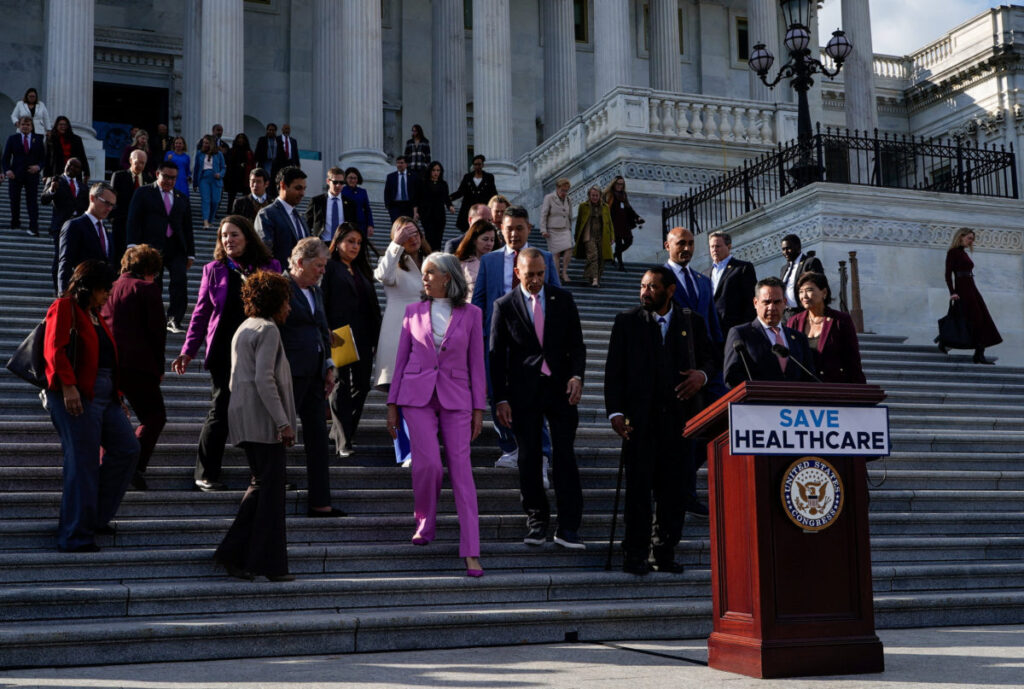As part of the recent government funding compromise, Senate Democrats secured a guaranteed vote in December on extending Affordable Care Act (ACA) health care subsidies. This measure provides hope for bipartisan progress on healthcare, even as the issue remains politically contentious.
The vote will focus on continuing financial support for Americans who rely on ACA subsidies to afford health insurance. Millions of households benefit from these subsidies, which help lower monthly premiums and expand access to care.
Lawmakers emphasized that guaranteeing a vote is a step toward cooperation in addressing healthcare challenges. While debate over the ACA remains intense, this compromise demonstrates that bipartisan solutions are possible.
The promise of an ACA subsidy vote also provides certainty for state health insurance marketplaces. Insurers and consumers can plan ahead, knowing that lawmakers will address financial support for ACA participants.
Health policy experts note that extending subsidies can prevent coverage disruptions and improve public health outcomes. Stable funding allows individuals and families to maintain essential healthcare services without interruption.
The guaranteed vote is part of a broader government funding deal that ended the 43-day shutdown, restored pay for federal employees, reopened agencies, and secured funding for programs like SNAP and farm science. Combined, these measures aim to stabilize government operations and public services.
Senate leaders stated that while the ACA vote will not be immediate, it reflects the potential for continued bipartisan collaboration on healthcare issues. Both parties recognize the importance of protecting coverage for millions of Americans.
The funding compromise and ACA vote promise signals that lawmakers are willing to find common ground. This approach may set a precedent for addressing other complex policy issues in the future.
For citizens who depend on ACA subsidies, the upcoming vote offers reassurance that financial support for health insurance will remain a priority. Lawmakers hope this move will also restore public confidence in the legislative process.
The ACA subsidy vote will be closely watched by healthcare advocates, insurers, and consumers. Its outcome could influence the direction of federal health policy and the stability of insurance programs nationwide.
By guaranteeing a vote in December, the Senate compromise demonstrates that even amid political divisions, solutions can be negotiated. This development highlights the ongoing importance of dialogue and collaboration in addressing national healthcare needs.


